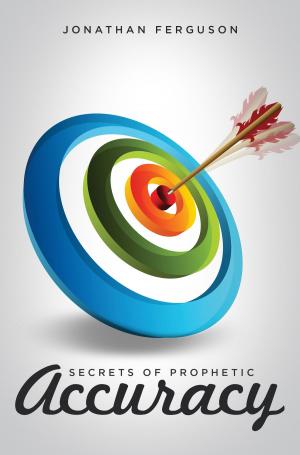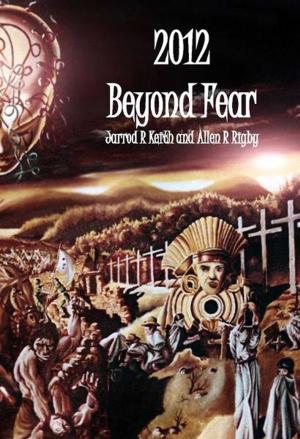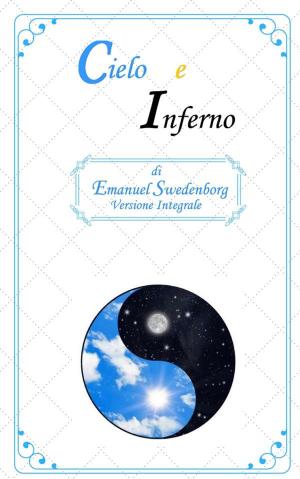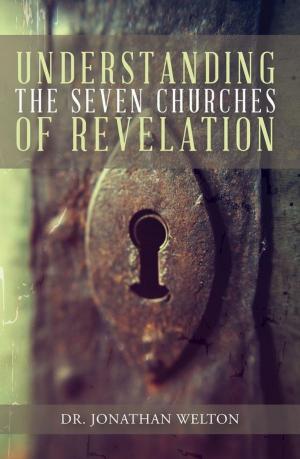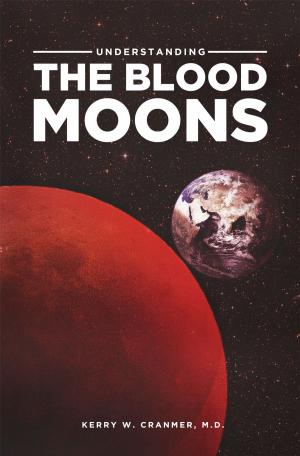| Author: | John D. Bain | ISBN: | 9781310298738 |
| Publisher: | John D. Bain | Publication: | October 14, 2014 |
| Imprint: | Smashwords Edition | Language: | English |
| Author: | John D. Bain |
| ISBN: | 9781310298738 |
| Publisher: | John D. Bain |
| Publication: | October 14, 2014 |
| Imprint: | Smashwords Edition |
| Language: | English |
Tim LaHaye and Jerry Jenkins, authors of the book, Left Behind, have based their Christian fiction upon poor biblical interpretation that has produced faulty Theology. A strong case can be made for interpreting the Bible verses related to the words left and taken in verses dealing with the coming of Christ as teaching that the taken are taken for judgment and those left are spared.
“Then shall two be in the field; the one shall be taken, and the other left.
Two women shall be grinding at the mill;
the one shall be taken, and the other left.
Matthew 24:40-41
LaHaye and Jenkins interpret this passage from Jesus’ Olivet Discourse as referring to a future Rapture, when all believers in Jesus will be taken up into heaven. The authors pose an interpretation of the Matthew 24:40-41 passage that describes two instances or examples of two people working side by side, a Christian and a non-Christian, one of which is raptured by the Lord up into heaven and the other is left behind to endure a seven year period of judgment from God called the Tribulation.
According to the LaHaye/Jenkins interpretation of these verses, being taken is good and being left (or as they imprecisely phrase it left behind) is bad.
Their principle of biblical examination is flawed and is based upon a broader misinterpretation of scripture.
Tim LaHaye and Jerry Jenkins, authors of the book, Left Behind, have based their Christian fiction upon poor biblical interpretation that has produced faulty Theology. A strong case can be made for interpreting the Bible verses related to the words left and taken in verses dealing with the coming of Christ as teaching that the taken are taken for judgment and those left are spared.
“Then shall two be in the field; the one shall be taken, and the other left.
Two women shall be grinding at the mill;
the one shall be taken, and the other left.
Matthew 24:40-41
LaHaye and Jenkins interpret this passage from Jesus’ Olivet Discourse as referring to a future Rapture, when all believers in Jesus will be taken up into heaven. The authors pose an interpretation of the Matthew 24:40-41 passage that describes two instances or examples of two people working side by side, a Christian and a non-Christian, one of which is raptured by the Lord up into heaven and the other is left behind to endure a seven year period of judgment from God called the Tribulation.
According to the LaHaye/Jenkins interpretation of these verses, being taken is good and being left (or as they imprecisely phrase it left behind) is bad.
Their principle of biblical examination is flawed and is based upon a broader misinterpretation of scripture.


